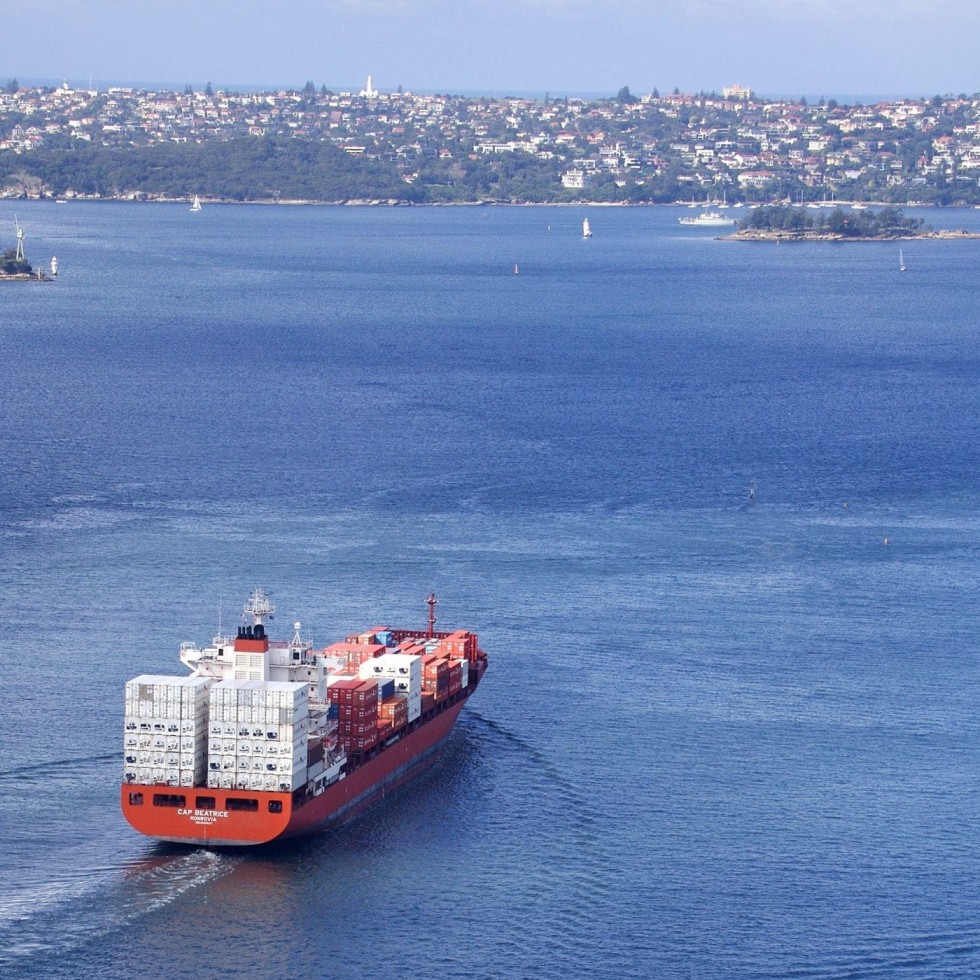 Australian beef exports are in danger being put at long-term disadvantage against US competitors in the Korean market unless rapid progress can be made in Free Trade Agreement discussions in coming months.
Australian beef exports are in danger being put at long-term disadvantage against US competitors in the Korean market unless rapid progress can be made in Free Trade Agreement discussions in coming months.
It appears there is now only a narrow window of opportunity for Australia to clinch a bilateral trade deal with Korea, even if it is to fall short of the terms secured by the US late last year.
Sources tell Beef Central that the concerns have arisen after the two countries failed to reach agreement by December 31, despite commitments to the deadline given by Korean president Lee Myung-bak and Prime Minister Gillard.
Mass protests
At the seat of the delay is widespread protests and hostility within Korean agriculture and industry ranks over the progress in the equivalent US/Korean FTA.
Opposition to the US agreement triggered mass protests and militancy in the streets of Seoul late last year. A tear-gas canister was set off in Korea’s parliament by an opposition member, but the parliamentary vote was later passed.
This domestic sensitivity, together with procedural hold-ups in the US, has continued to delay the implementation of the US/Korea FTA to currently somewhere towards the end of February, at earliest.
In reaction to the opposition to the US agreement, the Korean government announced it will set up a series of ‘FTA support centres’ nationwide to help defuse local and small manufacturers concerns, and build better understanding of the implications of the agreement. A comprehensive online database will also be established where Korean company officials can access information on tariff regimes and other matters to do with the process.
All this has put a spanner in the works of further negotiations on the seven or eight other FTAs currently being negotiated by Korea, including Australia, which is said to be the most advanced.
The generational changeover of political leadership in nearby North Korea has further distracted the South Korean government from the FTA negotiating table.
One trade analyst said the chances of Australia completing an FTA with Korea by the country’s April elections now had to be considered slim, given the difficulties associated with farm sector trade reform in the country.
Australia’s equivalent trade agreement with Korea is arguably the most significant since the US/Australia FTA was passed in 2005. Some of the recent snags in the trade talks have not been associated with sensitive areas like beef, but over issues like liability if the terms of the agreement are not met.
Within the beef segment, the US/Korea agreement includes a reduction in tariff from 40pc down to zero over 15 years.
A range of views came forward out of industry sectors in Australia over whether we should hold-out for an equivalent deal to that negotiated by the US, or settle for something ‘a little less’, which from a pragmatic viewpoint, might be more likely to be achieved, given the time issue.
Permanent tariff disadvantage
“The key for Australia is being able to strike some sort of reasonably deal with Korea, but it is critically important that the agreement is implemented in 2012,” one peak council source told Beef Central.
The term used in the trade access process is “Entry Into Force” (EIF), which effectively means the date that the mechanism of the FTA is first implemented. In the case of beef exports, it would mean the date of the first tariff cuts.
Initially the Korean authorities said the US, under its FTA with Korea, would have EIF from January 1 this year. That has since been pushed back to March, given recent protests, and may be pushed back further.
But the serious problem for Australia is that if it does not achieve EIF in calendar year 2012, we will remain permanently at a tariff disadvantage to the US. That applies even if the Australian deal falls a little short of that held by the US.
If Australia does not get its EIF until 2013, for example, it will remain permanently one year behind the US in the rate of tariff applied. In rough terms, that could amount to a tariff discrepancy of 2.5pc. In Australia’s year-one access for example, our tariffs would decline from 40pc to around 37.5pc, but the US would already be on 35pc, and would maintain that advantage for the next 15 years.
That prospect inevitably puts greater pressure on Australia to accept an FTA deal with Korea that is a little softer than that now held by the US.
It is felt that that compromise would most likely be in the term of the agreement, rather than the extent of the tariff decline, where the same 40pc tariff decline would occur over a period longer than the 15 years negotiated by the US.
Any extension in the terms of the FTA implementation would only expand the tariff differential between Australian and US exporters over time, should Australia not achieve a deal this year.
“It certainly puts pressure on Australia to be pragmatic and weigh up all of the options,” one peak council representative said yesterday.
“Korea is now a $700 million market for imported beef, and the US continues to grow market share, particularly on frozen product. Any tariff advantage it achieves over Australian exports is only going to work against us – significantly,” he said.
Some reports have suggested the Australian industry’s lack of ability to come up with a consensus position on the way forward over the issue has only complicated the matter, particularly in dealings with DFAT and Trade Minister Emerson over devising an appropriate plan. At least two peak councils are understood to have held-out for full equivalency with the US/Korea FTA.
A common view is that Australia must secure a deal with Korea by July to guarantee an EIF implementation deadline during the critical 2012 year.
